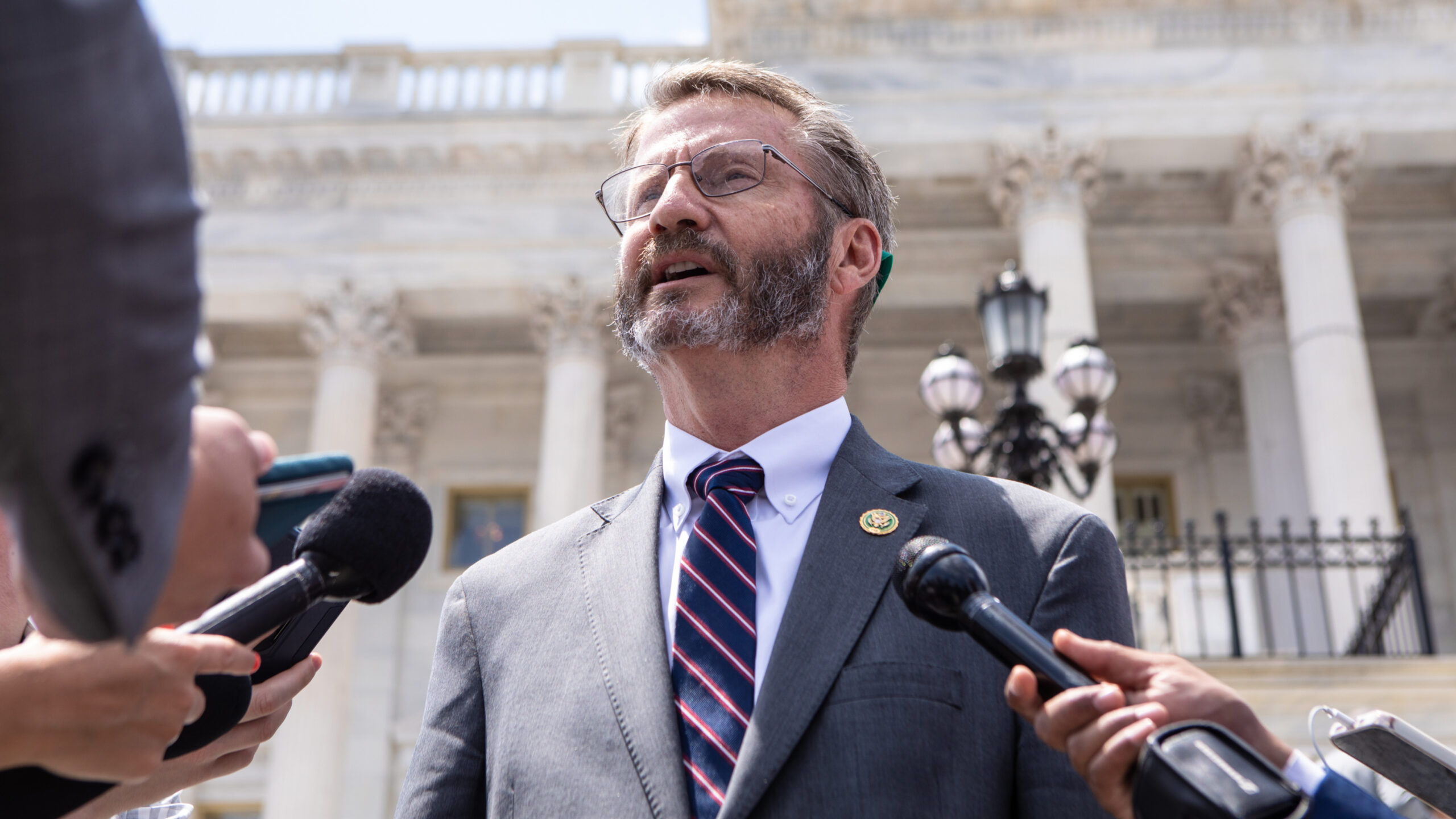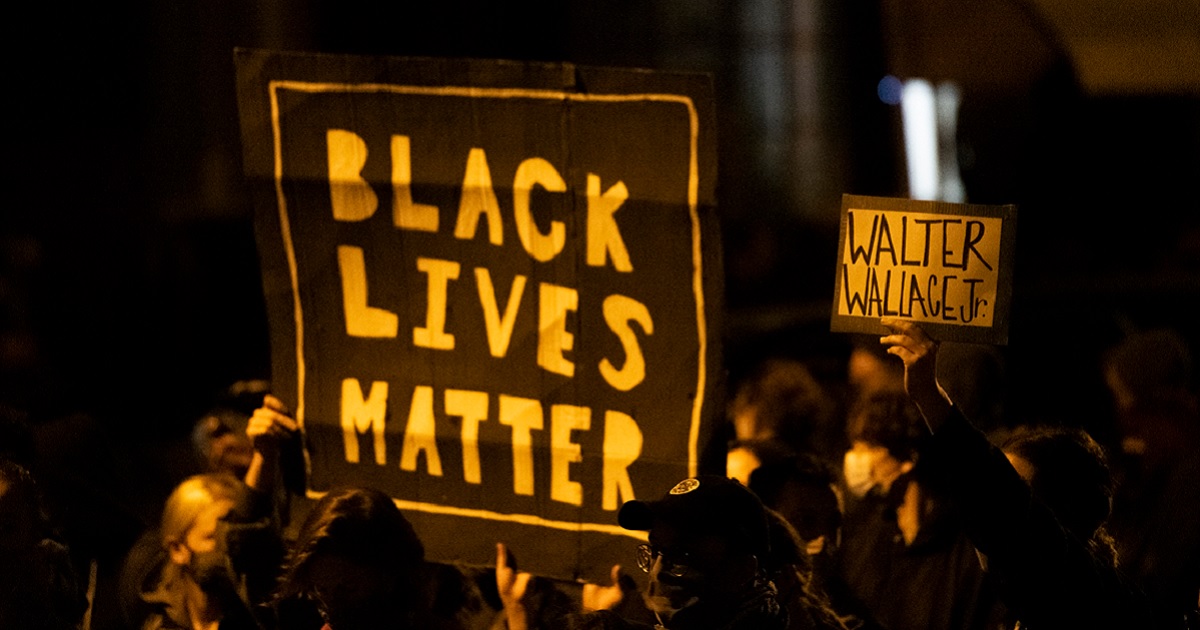Why the also-rans matter
We are off to the races. We’re off to the races. Joe Biden nor former President Donald Trump Does he have the 2024 fields for his party?
However, neither is shaking in his boots. Former U.S. Ambassador Former U.S. Ambassador to the United Nations Nikki Haley is running a distant 4th in the national RealClearPolitics Average, almost 40 points behind Trump for first place. She is also behind two undeclared candidates. According to an Emerson College poll, Haley trails Trump by 50 percentage points. Fox News shows her as down 36 percent.
REPUBLICANS CONTROL THOSE IN THE HOUSE. What can they do now?
Third prominent Republican announced, entrepreneur Vivek RamaswamyThe national polling average doesn’t show that, is even registered. GOP voters who want to be a Generational Change The 37-year-old has yet to be a leader in the company.
Biden is in the same situation. His national numbers among Democrats are worse that Trump’s with Republicans, but according to RealClearPoliticsPresident Biden is currently being tested against candidates, who aren’t running against him at the moment and are only likely get into the race if the president takes a pass on his reelection bid. Biden’s only opponent has been declared. Marianne WilliamsonSelf-help guru and guru. He qualified for some Democratic debates during the 2020 primaries, but was and remains an asterisk in the polls.
The White House The moment the inauguration took place, it was almost comical Washington Examiner Christian Datoc Ask about Williamson — was Biden irritated with her for “jumping in the race ahead of him?” — at a daily press briefing.
Press secretary Karine Jean PierreHe was usually quick to invoke Hatch Act whenever he faced a campaign-related query, but he started joking about crystal balls. “If I could feel her aura,” Biden’s top spokesperson spoke highly of Williamson. “Gosh, you guys are making me laugh now.”
Trump and Biden may only face nominal opposition at this point. Other names will be on the ballot but they won’t pose a greater threat than Harold Stassen or Lyndon LaRouche. 2020’s dynamic duo Joe Walsh and Bill Weld may also be on the ballot.
Both should hope that it remains this way. In general, incumbents, and the party at power, should want to avoid primary threats. They rarely succeed. It takes you back to 1968 to see a successful example where one has overthrown a sitting president. It was during the Vietnam War when the country seemed to be spiraling out of control. Eugene McCarthy, The Democrat who drew the first blood against Lyndon JohnsonIt didn’t end up being the nomination.
Gerald Ford edged out Ronald Reagan In the primaries, and on the floor at the 1976 Republican National Convention But lost in November. Four years later, Jimmy Carter Recover your momentum Ted Kennedy He held on to the Democratic nomination, but lost in the 1980 general election by a wide margin. George H.W. Bush Did not lose one primary to Pat Buchanan in 1992, but even a mildly competitive New Hampshire primary — the 41st president still won by 16 points — set in motion a chain of events that ended 12 straight years of Republicans in the Oval Office.
There is a bit of a chicken or egg dilemma in each of these cases — did the primary challengers weaken the incumbents, or did they attract challengers because they were already weak incumbents in the first place?
However, primary challengers are able to expose weaknesses that better-qualified opponents may exploit in the general election. They also test attacks on the road that could be effective in more skilled hands. Al Gore raised Willie Horton In 1988, Bush was against Michael Dukakis.
Reagan’s defeat by Ford was disappointing and showed a lack in conservative enthusiasm. Richard Nixon. Carter’s battle with Kennedy exposed Carter’s weaknesses on his left flank. It also foreshadowed Reagan’s inability to win in states like New York, Massachusetts.
Buchanan’s New Hampshire message was sent to blue-collar employees, who begged him to continue. “save our jobs,” It was clear that even though the recession ended in March 1991 the effects were still being felt by many, even those who voted Republican in the three previous elections. It also revealed Bush’s vulnerability as a trade protectionist opponent, which he won.
“Read More from” Why are there also-rans?”
“The views and opinions expressed here are solely those of the author of the article and not necessarily shared or endorsed by Conservative News Daily”
" Conservative News Daily does not always share or support the views and opinions expressed here; they are just those of the writer."




